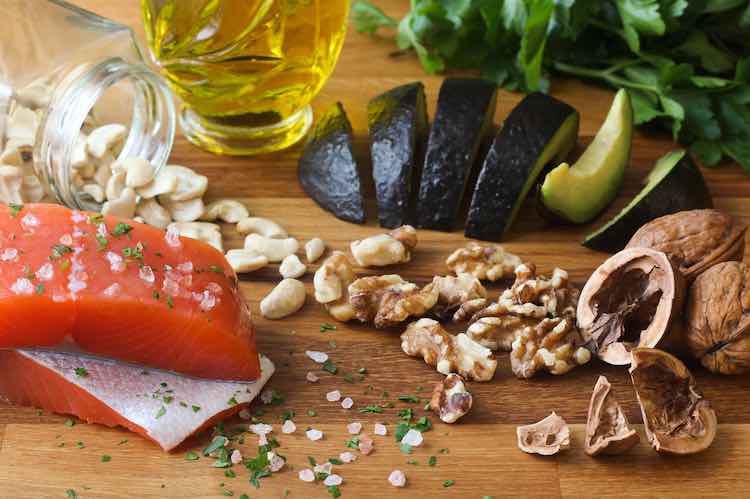Depression is a common condition affecting around one million Australians each year. One in six women and one in eight men will experience depression at some time in their life.
There are a number of treatments for depression including medication and therapies like cognitive behavioural therapy. Increasingly, the diet has been investigated as a potential strategy to assist in reducing depressive symptoms. Evidence suggests that inflammation may play a role in the physiological processes associated with depression and is a possible mediator of risk factors associated with depression.
Anti-inflammatory agents have therefore been cited as a potential mechanism in the treatment of depression. Certain foods are known to contain compounds that exhibit anti-inflammatory properties, leading researchers to explore their potential to play a role in the treatment of depression.
Researchers investigated the association between the inflammatory potential of the diet and risk of depressive symptoms in a group of French adults and the potential effect of other bio-social factors at play including sex, age, exercise and smoking status. The inflammatory potential of participants’ diet was calculated in addition to the development of depressive symptoms.
No significant association between the inflammatory properties of the diet and depressive symptoms were observed in the cohort as a whole.
When analysing subgroups though, a marginal association was observed in men whereby a more pro-inflammatory diet was associated with increased risk of depressive symptoms. A pro-inflammatory diet was also associated with higher risk of these symptoms in current and former smokers and in people who were less physically active.
Implications
These findings suggest that there may be some benefit of an anti-inflammatory diet in alleviating depression in some people. Foods with anti-inflammatory properties include fruits such as strawberries, blueberries, cherries and oranges, fatty fish like salmon, mackerel and tuna, nuts and green leafy vegetables.
If you are experiencing a personal crisis, Lifeline provides free and confidential support 24/7 over the phone. You can call Lifeline on 13 11 14.

